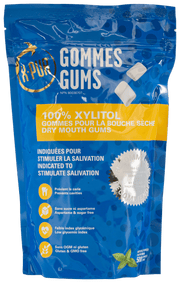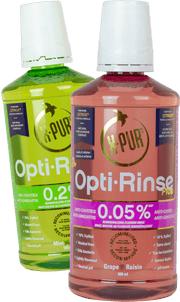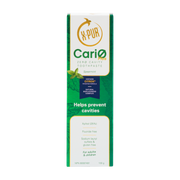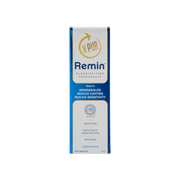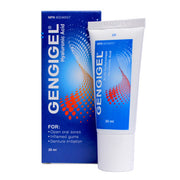Tooth Sensitivity
WHAT IS TOOTH SENSITIVITY?
According to the American Dental Association (ADA) Mouth Healthy site, dentin hypersensitivity or nerve irritation occurs whenever dentin loses its protective covering of enamel or cementum, exposing the nerve endings to hot, cold, acidic or sticky foods.
You are more likely to feel the sensitivity when drinking or eating something cold, from cold air catching your teeth, and sometimes with hot foods or drinks. Some people have sensitivity when they have sweet or acidic food and drinks. The pain can come and go, with some times being worse than others.
WHAT ARE THE CAUSES OF TOOTH SENSITIVITY?
-
Brushing too hard (‘toothbrush abrasion'), and brushing from side to side
-
Tooth erosion due to highly acidic foods and beverages.
-
Gum recession that leaves your root surface exposed.
-
Post dental treatment sensitivity – common, but temporary, especially with procedures such as crowns, fillings and tooth bleaching.
-
Grinding your teeth at night
-
A cracked tooth or filling: a cracked tooth is one that has become broken.
-
Tooth bleaching
WHAT ARE THE CONSEQUENCES OF TOOTH SENSITIVITY?
Having sensitive teeth can mean anything from getting a mild twinge to having severe discomfort that can continue for several hours.
It can also be an early warning sign of more serious dental problems.
WHAT YOU CAN DO TO PREVENT TOOTH SENSITIVITY?
Twice a day, brush your teeth with a soft-bristled toothbrush (CURAPROX CS 5460) and a toothpaste with hydroxyapatite (X-PUR Remin). Some toothpaste only block the pain associated with tooth sensitivity. A toothpaste with hydroxyapatite will coat and fill exposed dentin and dentinal tubules, protecting against dentinal hypersensitivity.
Use interdental brushes daily.
Avoid vigorous or harsh scrubbing, highly abrasive toothpaste, and excessive brushing.
If you grind your teeth, ask your dentist about a mouth guard. Tooth grinding can fracture teeth and cause sensitivity.
Limite acidic foods and drinks. After eating or drinking an acidic substance, drink milk or water to balance the acid levels in your mouth.
Avoid brushing your teeth immediately after eating or drinking acidic substances, since acid softens enamel and makes it more vulnerable to erosion during brushing. Wait approximatively 30 minutes.

